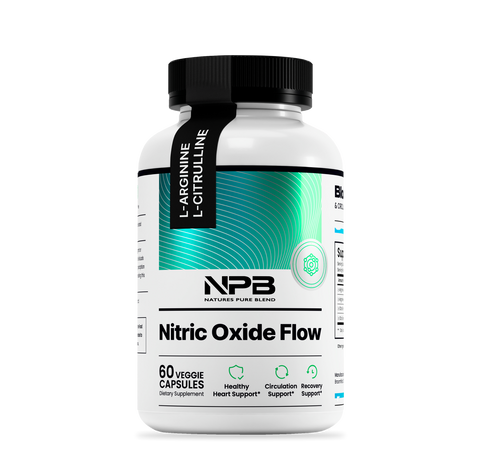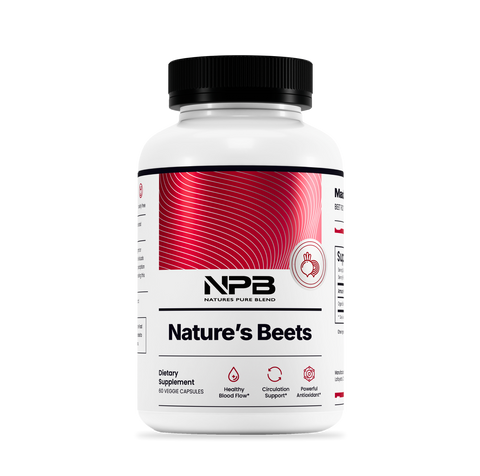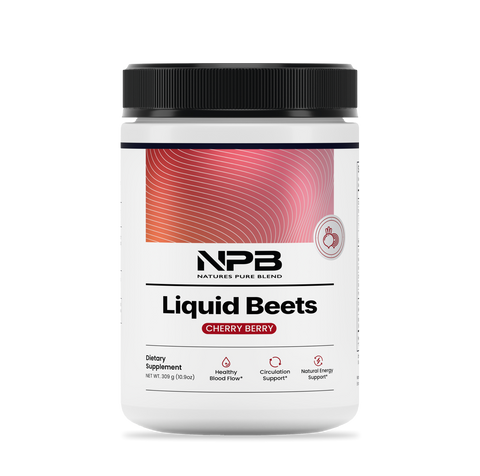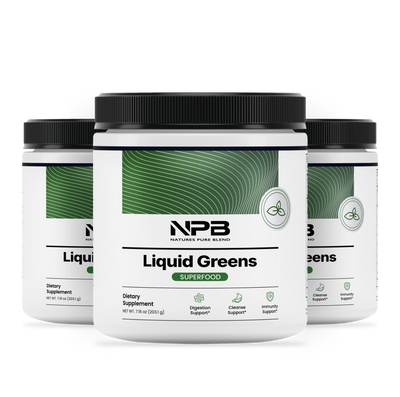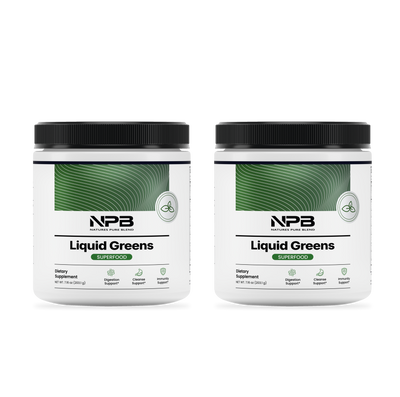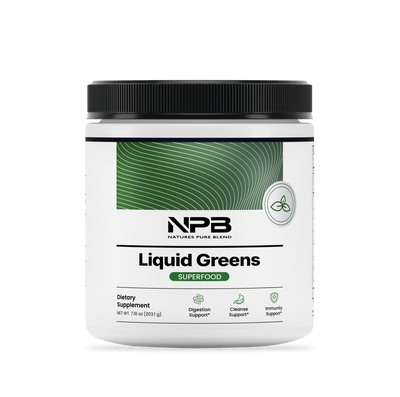Chronic inflammation starts when your body’s immune system stays on high alert. Normally, inflammation protects you from infections or injury—but when it doesn’t turn off, it can become damaging. Persistent threats like toxins, pathogens, or unhealthy lifestyle habits keep your immune response active for too long.
The numbers are alarming. According to the NIH, 125 million Americans are living with chronic inflammation. Over time, this prolonged state strains the body: it damages tissues, stiffens joints, disrupts hormones, and even accelerates aging.
Many cardiovascular issues begin with inflammation, and diet is a major contributor. Research shows that 57% of adults already follow a **pro-inflammatory diet**, making food one of the biggest hidden triggers of chronic inflammation.
Identifying and avoiding the right foods can help protect your heart, joints, and overall health. Here are **five common foods linked to higher inflammation levels** that are best limited or avoided:
1. Processed Meats
Bacon, sausage, hot dogs, and deli meats are convenient, but they’re loaded with **advanced glycation end products (AGEs)** and saturated fats. These compounds trigger inflammatory pathways and can increase the risk of cardiovascular disease over time. 1
2. Sugary Beverages and Sweets
High-fructose drinks, candies, and desserts spike blood sugar levels. Frequent spikes fuel **oxidative stress and inflammation**, contributing to insulin resistance, fat accumulation, and damage to blood vessels. 2
3. Refined Carbohydrates
White bread, pastries, pasta, and other highly processed grains can increase inflammatory markers. Unlike whole grains, refined carbs have been stripped of fiber, causing **rapid blood sugar surges** that feed inflammation. 3
4. Fried and Fast Foods
Foods cooked at high temperatures in oils—like French fries, fried chicken, or onion rings—produce **trans fats and oxidation products**. Both are linked to increased inflammatory signals, elevated cholesterol, and artery stiffening. 4
5. Excessive Alcohol
Drinking alcohol in large amounts irritates the gut lining and promotes the release of **inflammatory cytokines**. Over time, this contributes to liver stress, hormone disruption, and systemic inflammation throughout the body. 5
Conclusion: Eat Smart, Protect Your Body
Inflammation isn’t always obvious, but it silently affects your heart, joints, and overall health. Diet plays a major role in controlling chronic inflammation, and avoiding foods that trigger it is a key step.
Small adjustments—like swapping sugary drinks for water, choosing whole grains over refined carbs, or limiting fried and processed foods—can significantly **reduce inflammation**. Over time, these changes protect your blood vessels, support healthy hormones, and improve energy levels.
Think of your body like a finely tuned system: every meal either fuels inflammation or supports repair. Prioritizing anti-inflammatory choices and cutting out these common triggers helps you maintain a healthier, stronger, and more resilient body. Your meals are powerful tools. Make them work for you, not against you.
